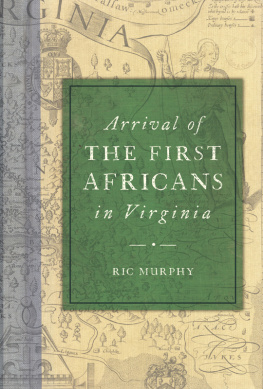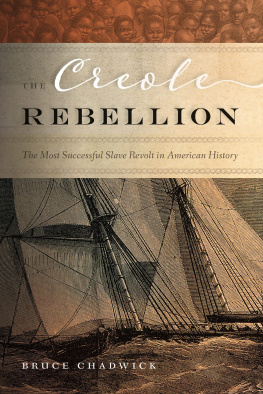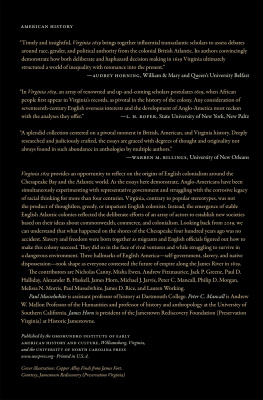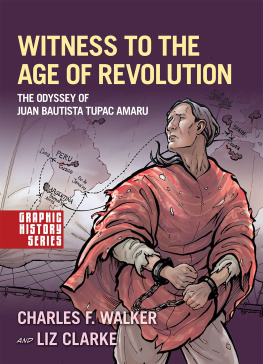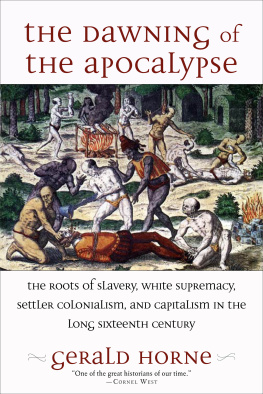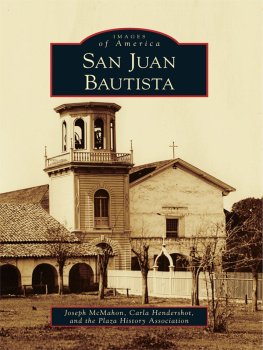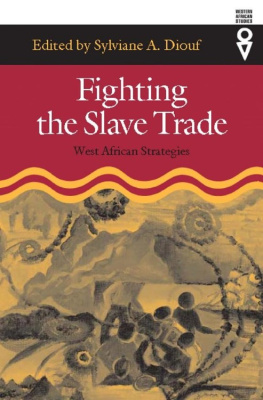

ALSO BY RIC MURPHY
Freedom Road: An American Family Saga from Jamestown to World War
Rear Admiral Larry Chambers, USN: First African American to Command an Aircraft Carrier
Section 27 and Freedmans Village in Arlington National Cemetery: The African American History of Americas Most Hallowed Group

Published by The History Press
Charleston, SC
www.historypress.com
Copyright 2020 by Ric Murphy
All rights reserved
First published 2020
E-Book year 2020
ISBN 978.1.4396.7017.0
Library of Congress Control Number: 2020931969
Print Edition ISBN 978.1.4671.4598.5
Notice: The information in this book is true and complete to the best of our knowledge. It is offered without guarantee on the part of the author or The History Press. The author and The History Press disclaim all liability in connection with the use of this book.
All rights reserved. No part of this book may be reproduced or transmitted in any form whatsoever without prior written permission from the publisher except in the case of brief quotations embodied in critical articles and reviews.
To the Angolans
who sailed on the San Juan Bautista
and their descendants near and far
CONTENTS
When the missionaries arrived, the Africans had the land and the missionaries had the Bible.
They taught us how to pray with our eyes closed.
When we opened them, they had the land and we had the Bible.
Jomo Kenyatta (18911978)
PREFACE
The transatlantic slave trade that took place over a 360-year period, now referred to as the Middle Passage, was the largest forced deportation of people in recorded history. Over 12.5 million men, women and children were taken from Africa and transported to Europe, North America, South America and the West Indies. The cruelty of forced deportation and the inhumane conditions aboard the slave vessels included starvation, disease and severe punishment, all of which resulted in, on average, a 15 percent reduction of human cargo on each voyage. Of the 12.5 million Africans captured and deported, only 10.0 million Africans arrived at their port of call; from there, only 350,326 were brought to the English colonies in North America, later to be known as the United States.
The institution of slavery originates in the stories of ancient and biblical times. It was practiced by different cultures, nationalities and religions and was not new, unique or limited just to Africa. The ByzantineOttoman wars and the Ottoman wars in Europe resulted in the taking of large numbers of Christian slaves, especially among the Slavic peoples of central and eastern Europe. Slavery became common within much of Europe during the Dark Ages and continued into the Middle Ages. As its existence has been recorded from the beginning of time, the institution of slavery was socially and morally accepted by cultures all around the world, bolstered by the fact that Jesus was a slave, as evidenced by the teachings of the Bible.
Intercontinental slavery grew in the late 1400s, when European ships visited Africas coastal trading posts in search of items to trade, including people. Africas caste system, where villages, tribal communities and urbanized areas were divided along social status, had a ready supply of enslaved people for sale. Prisoners of war, criminals, debtors or the poor and low caste became dispensable victims of the early slave trading with the Europeans. As European colonization expanded during the 1500s, the need for inexpensive labor became the driving force behind the escalation of exporting African slaves to New World colonies.
The genesis behind the transatlantic slave trade was the European desire to find the cheapest labor pool to produce and export coffee, cotton, indigo, rice, sugar, tar and tobacco and to strip colonized countries of their precious metals. Once European nations learned how to build the mighty ships needed to navigate the treacherous conditions of the Atlantic Ocean, colonization expanded rapidly to what was referred to at the time as the New World.
Colonial nations, governments and profiteers reaped tremendous profits from the transatlantic slave trade, fostering a belief system of intellectual and racial superiority over the conquered Africans. These beliefs were translated into governmental policies that suggested Africans were biologically, intellectually and psychosocially inferior to the Europeans and therefore were better off being enslaved. First, the European countries of Denmark, England, France, Netherlands, Portugal, Spain and Sweden sought to expand their territorial holdings beyond their national boundaries; then Brazil and the United States joined, each for national greed and military expansion.
WITH THEIR MAPS AND their compasses, European explorers found tremendous fortunes in colonization, and built larger and heavier ships to eventually carry twelve million men, women and children from Africa to trading posts all along the North and South Atlantic Ocean. A comprehensive Trans-Atlantic Slave Trade Database developed in 2018 documents all slave voyages from Africa during the period of 1514 to 1866 as part of the transatlantic slave trade. The interactive database provides information on 34,934 slave voyages and the 12.5 million enslaved people who were forced from Africa and deported around the world.
THE ARRIVAL OF AFRICANS in North and South America was an amazing feat when one considers the circumstances in which they arrived. These men, women and children, taken from their homelands against their will, endured tremendous hardship in their journey, only to arrive in the Americas to face tremendous uncertainty. Until recently, we did not know their names or stories; each was lost to history. These forgotten people contributed individually and collectively to the success of many world economies. They descended from rich cultures, advanced societies and abundant lands teeming with precious metals, beautiful mountaintops, fertile soil and proud people.
And I am proud to be descended from them.
Although the Angolans from the San Juan Bautista were not the first Africans to arrive in the Americas or the first to arrive in North America, their stories, initially beyond recall, have now been well documented. Now, modern researchers and knowledge-seekers can establish particular historical events as the start of African American history. Their history, along with history of their predecessors and successors, can be found in libraries, museums and private collections all around the world. I am profoundly grateful that original source materials were available to me to conduct my research so that I could bring a different perspective on who these people were, the historical factors that made their journey so important and their descendants, who helped to make their lives so historic.
In order to avoid confusion when summarizing and analyzing historical and colonial publications, Ive rewritten more outdated language to ensure ease of reading; however, every measure was taken not to change the legal meaning of any passage. If a passage or word was taken out of context, my apologies, as that was not my intent or desire.
In particular, it should be noted that in referencing John Rolfes description of the 20 and Odd Negroes, there is an understanding and acceptance that within the past ten years, the words
Next page
